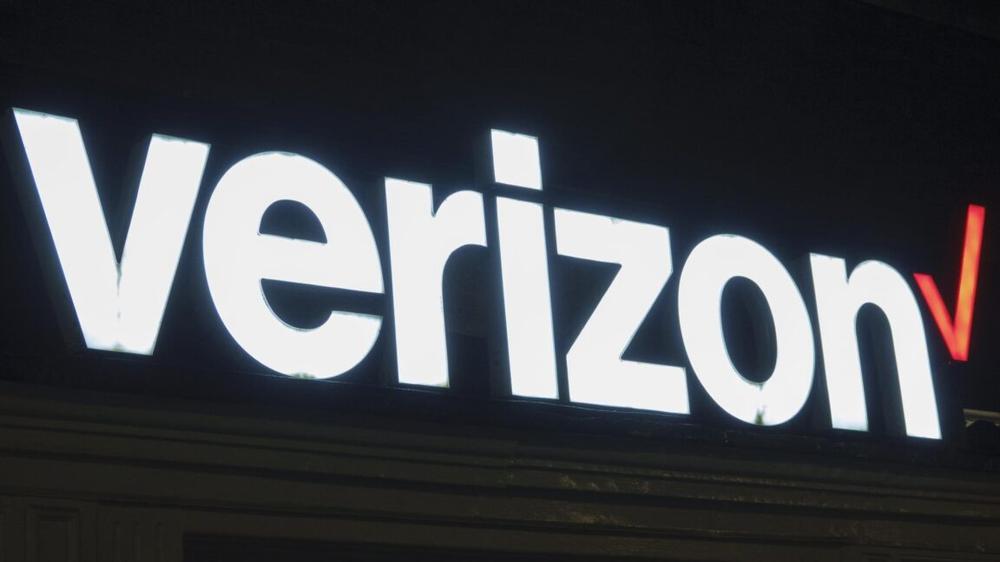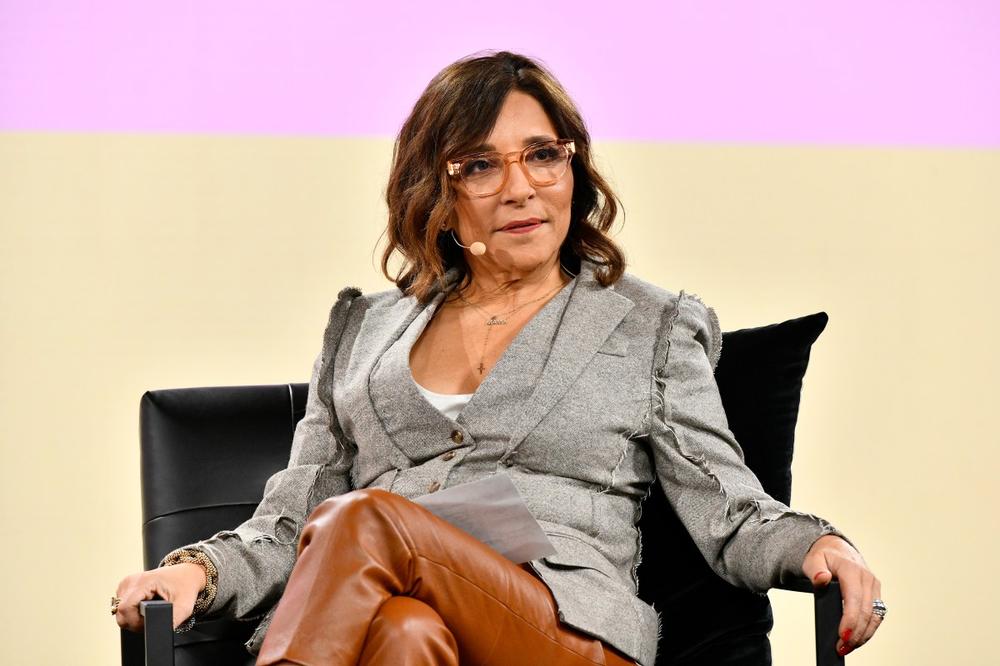With Verizon seeking permission to lock phones to its network for six months or longer instead of the current 60 days, a coalition of advocacy groups yesterday urged the Federal Communications Commission to reject the cellular carrier's petition.
"Phone locking distorts market competition, raises switching costs, and contributes to unnecessary e-waste," the groups said in a filing. "It impedes consumers' ability to take full advantage of the devices they already own, forces them to purchase new phones unnecessarily, and reduces their freedom to choose more affordable or higher-quality service options. It undermines price discipline among carriers, makes it harder for smaller and prepaid-focused providers to compete, and reduces the availability of high-quality used devices on the secondary market."
The FCC filing was submitted by Public Knowledge, the Benton Foundation, the Canadian Repair Coalition, Consumer Reports, the Electronic Frontier Foundation, Fight for the Future, iFixit, the Fulu Foundation, the Open Technology Institute at New America, law professor Aaron Perzanowski, Repair.org, and the Software Freedom Conservancy.
Numerous individual phone users also wrote to the FCC. "Verizon's argument that unlocked phones are against the public interest is just wrong," one user wrote. "It stifles competition by making it harder to vote with your wallet and switch carriers. In fact I recently left Verizon because of a record amount of price hikes within a single year."
"If you buy a phone, you should not be able to lock it down forever to a carrier," another wrote. "People have the option to change carriers for better coverage, price, customer service, etc. Do not allow the big cell carriers to stifle competition for safety reasons!"
Verizon looks to benefit from Republican FCC
Verizon is trying to cash in on the current FCC leadership's quest to eliminate as many telecom rules as possible. FCC Chairman Brendan Carr opened a "Delete, Delete, Delete" proceeding in order to identify rules that should be scrapped, and Verizon submitted a formal request to waive handset unlocking rules that it agreed to in order to gain access to spectrum and complete a merger. Verizon's petition got support from police unions and conservative groups.
Verizon is required to unlock phones more quickly than other major carriers for a couple of reasons. In 2008, Verizon purchased licenses to use 700 MHz spectrum that came with open-access requirements. In 2021, Verizon agreed to merger conditions in order to obtain approval for its purchase of TracFone. Verizon doesn't have to unlock phones immediately, as in 2019 it obtained a partial waiver allowing it to lock phones for 60 days to fight fraud.
The Biden-era FCC proposed to extend the 60-day unlock period to all carriers in 2024 but never finalized the proposed rule. Verizon is hoping the new FCC leadership will essentially do the opposite: codify the longer locking periods imposed by other carriers as the industry standard.
Verizon's petition pushed for "industry standard" locking periods of at least six months. This would force customers to buy Verizon's monthly subscription plans for longer periods of time before having the option to switch. Verizon told the FCC that it has seen "a sharp increase in customers purchasing devices and then rapidly leaving within the first few months of service."
Verizon also argued that longer locking periods are needed to counter "international criminal organizations that profit from fraud, including device trafficking of subsidized devices from the United States."
Fraud argument called unconvincing
The advocacy groups' filing said that Verizon's fraud argument is unconvincing.
"Carriers with much longer locking periods, such as AT&T and T-Mobile, also report high rates of device fraud and trafficking," the groups said, adding:
longer lock periods are not a silver bullet. Verizon offers no specific evidence that a longer lock period would have prevented the fraudulent acquisition of the devices it identifies. The global trafficking market does not rely on a universal blacklist, and only a fraction of the world's 800-plus mobile carriers participate in shared databases that reflect financial lock status. Consequently, a device can be financed in the United States, unlocked under Verizon's 60-day policy, and then shipped and activated in another country with no knowledge of its unpaid status. However, this is a vulnerability of international fraud enforcement and carrier coordination, not a flaw in the unlocking timeline.
Verizon can already fight fraud during the 60-day locking period because it has the ability to "flag suspicious purchases, deny unlocking to devices that show signs of trafficking, and pursue legal or contractual remedies against fraudulent actors," the filing said. Device fraud is a law enforcement issue, and the FCC "should be cautious about enshrining measures that restrict consumer rights and inhibit device portability in response to conduct that could instead be addressed through fraud detection improvements, better identity verification, and cooperation with criminal enforcement," the filing said.
Verizon's petition received backing from police unions. The International Union of Police Associations expressed "strong support for Verizon's petition requesting a waiver to eliminate its unlocking obligations for mobile devices under existing FCC consent decrees or regulations." The police group's filing said that "when phones are unlocked and rapidly transferred between hands or countries, tracking their origins becomes substantially more difficult, delaying or derailing criminal investigations."
Drug trafficking organizations operating near the border with Mexico "are using unlocked devices to run communication networks that are decentralized and difficult to intercept," the filing said. "By using phones that are quickly unlocked and re-activated with different carriers, these organizations can avoid detection and evade standard tracking methods. In contrast, locked devices tied to a specific carrier—particularly those under strict sales and usage conditions—create a traceable trail that aids in dismantling criminal networks."
Verizon likely sought help from law enforcement unions, as evidenced by filings from several other groups. The carrier also received support from conservative groups and seven Republican state attorneys general.
Rival carrier EchoStar, which has said that major-carrier locking policies make it harder for customers to switch to EchoStar's Boost Mobile, urged the FCC to reject Verizon's petition and instead issue "uniform industry-wide unlocking rules that apply equally to all carriers along the lines it proposed" in 2024. EchoStar pointed out that Verizon has supported a uniform rule for the whole industry, although Verizon prefers longer locking periods.
Rural carriers oppose Verizon
The Rural Wireless Association that represents small, rural carriers also opposed Verizon's request and asked for a uniform rule with short locking periods. The group argued that granting Verizon's waiver would set a dangerous precedent:
Other providers subject to unlocking conditions—such as T-Mobile, which is bound by similar handset unlocking obligations by virtue of its agreement to comply with such conditions in exchange for FCC approval of its acquisition of Mint Mobile and Ultra Mobile—would likely seek similar waivers. Granting these waivers would further erode the Commission's efforts to establish a fair, pro-consumer unlocking framework and could unravel the progress made toward a more competitive and transparent wireless marketplace. More importantly, it would gut the conditional approvals imposed by the FCC only last year in the Mint Mobile and Ultra Mobile transactions. These conditions were put in place to safeguard the public interest. Reversing them soon after undermines consumer trust in the FCC.
While T-Mobile agreed to 60-day unlocking for Mint Mobile and Ultra Mobile, it imposes a 365-day locking period on other prepaid plans.

 Amazon’s best Kindles are cheaper than ever during Prime Day
Amazon’s best Kindles are cheaper than ever during Prime Day